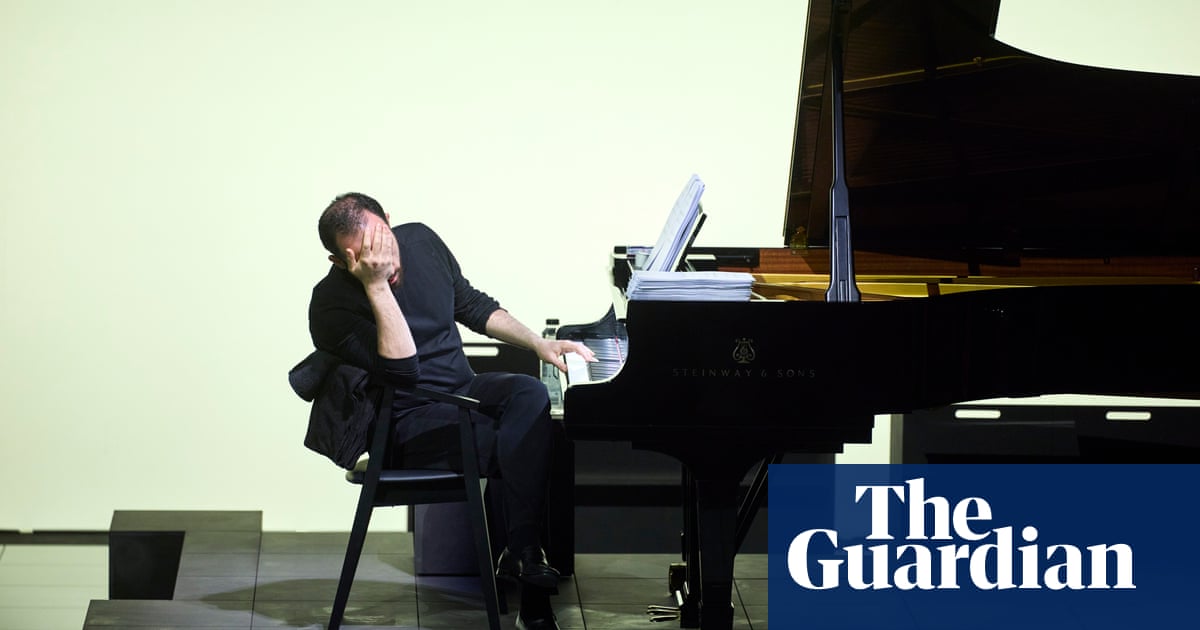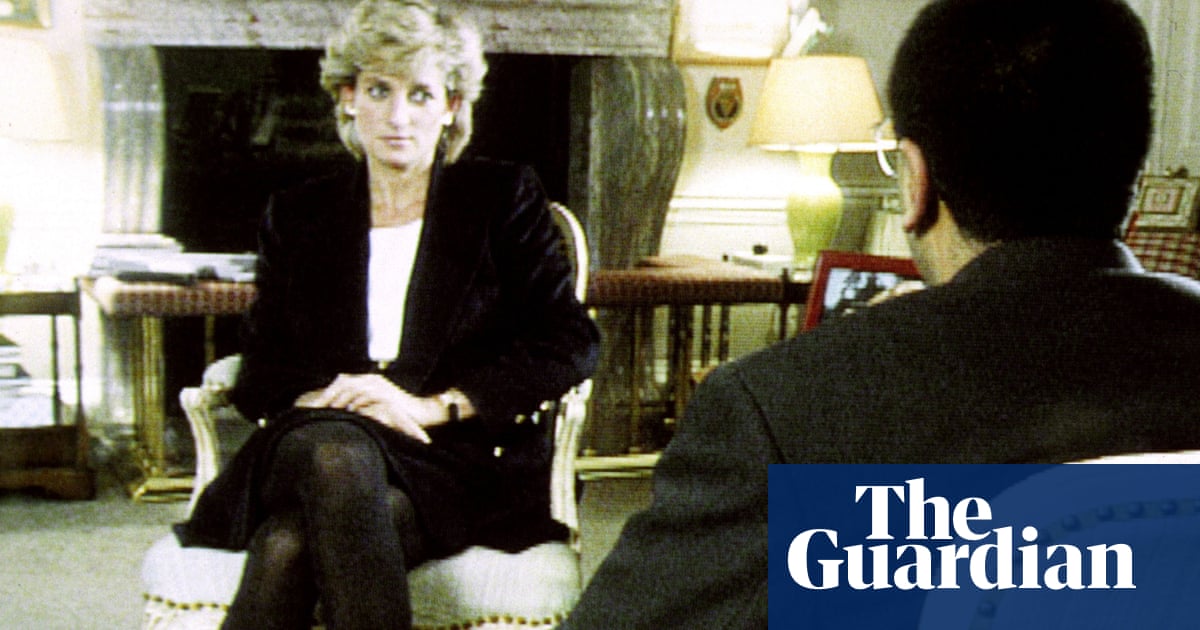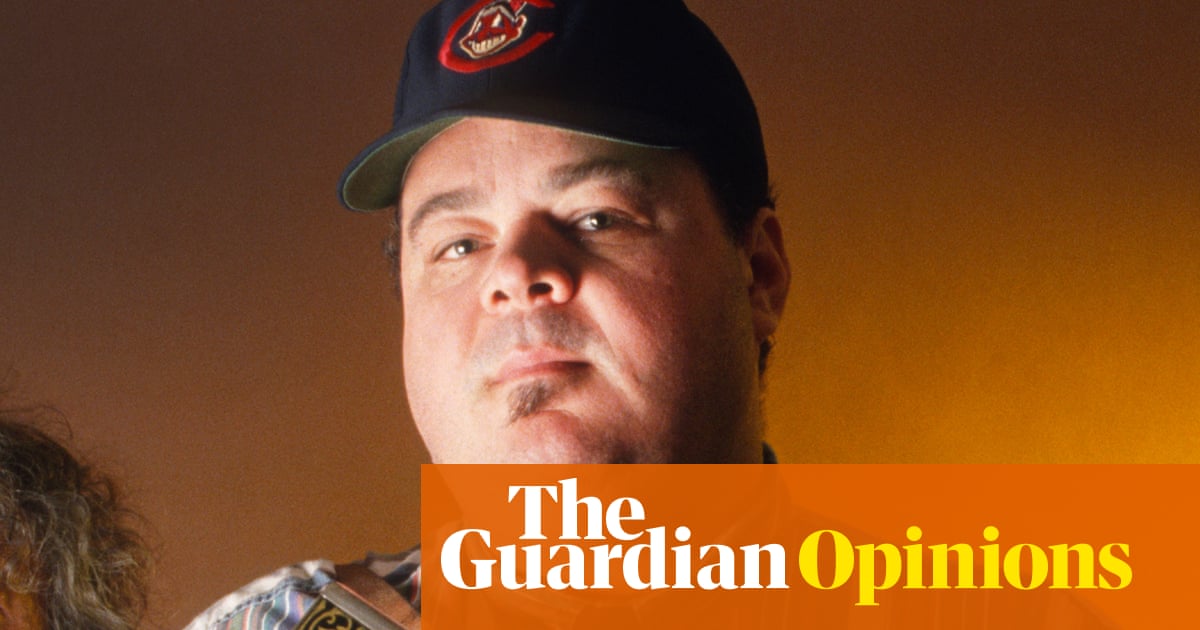The World Economic Forum has launched an investigation into its founder, Klaus Schwab, after whistleblowers reportedly accused him of manipulating research, using company funds to pay for private massages, and asking junior staff to withdraw thousands of dollars on his behalf.
The allegations – reportedly sent last week in a letter to the WEF, which organises the annual gathering of economic leaders at Davos in Switzerland – accuse Schwab and his wife, Hilde, of financial and ethical misconduct, which the family has denied.
The accusations prompted Schwab’s resignation as the WEF executive chair on Monday after its board of high-profile trustees – which includes the BlackRock chief, Larry Fink; the IMF managing director, Kristalina Georgieva; the former US vice-president Al Gore and cellist Yo-Yo Ma – held an emergency meeting to look into the claims on Sunday.
Schwab, 87, is said to have argued against the board’s plan for an investigation, before he resigned. The founder had signalled his intention to step down in early April, but the whistleblower letter accelerated his exit.
Schwab, known as “Mr Davos”, founded the WEF in 1971. It hosts the annual conference in the Swiss ski resort, which draws prime ministers, CEOs, celebrities and top financiers.
The whistleblower letter included a range of claims against the Schwab family, according to the Wall Street Journal and Financial Times. They include an allegation that Schwab used WEF funds to pay for private, in-room massages at hotels, asked staff to promote him for a Nobel peace prize, and instructed junior employees to withdraw thousands of dollars from ATMs on his behalf.
The letter also accused Schwab of manipulating the WEF global competitiveness report in order to curry favour with certain governments. The publication ranks countries based on criteria such as education, infrastructure, labour market and health systems, and is a point of reference for the annual Davos meeting.

Some allegations also extended to Schwab’s wife, Hilde, who formerly worked at the WEF. They suggested she scheduled “token” meetings using WEF money to justify luxury travel at WEF’s expense. The letter claims that Hilde also maintained tight control over the use of Villa Mundi, a grand property bought by the WEF overlooking Lake Geneva, and that portions of the building were reserved for the family’s private access.
The Schwabs have reportedly denied the all the allegations, saying that they were unsubstantiated and would be challenged in a lawsuit. A statement sent on behalf of the family to some media outlets on Wednesday claimed Schwab had been the victim of a “character assassination”.
The WEF board of trustees has appointed the former Nestlé chief executive Peter Brabeck-Letmathe as interim chair, but is searching for a permanent replacement.
The Guardian contacted the WEF for comment, and was not immediately able to reach the Schwabs for comment.
Schwab’s resignation marks the end of a 54-year career at the top of the WEF, and follows a previous board probe into its workplace culture.
It also comes two years after a group of employees and former staff of the WEF contacted the Guardian over concerns of how Schwab was running the organisation. They claimed that Schwab was a law unto himself and had surrounded himself with “nobodies” who were incapable of running the organisation he founded in the early 1970s. It followed criticism that WEF’s strategic partners – the firms that bankroll the business – were unhappy about the lack of a succession strategy.
On Monday, Schwab issued a statement through WEF announcing his resignation, saying: “Following my recent announcement, and as I enter my 88th year, I have decided to step down from the position of chair and as a member of the board of trustees, with immediate effect.”

.png) 3 hours ago
3
3 hours ago
3













































